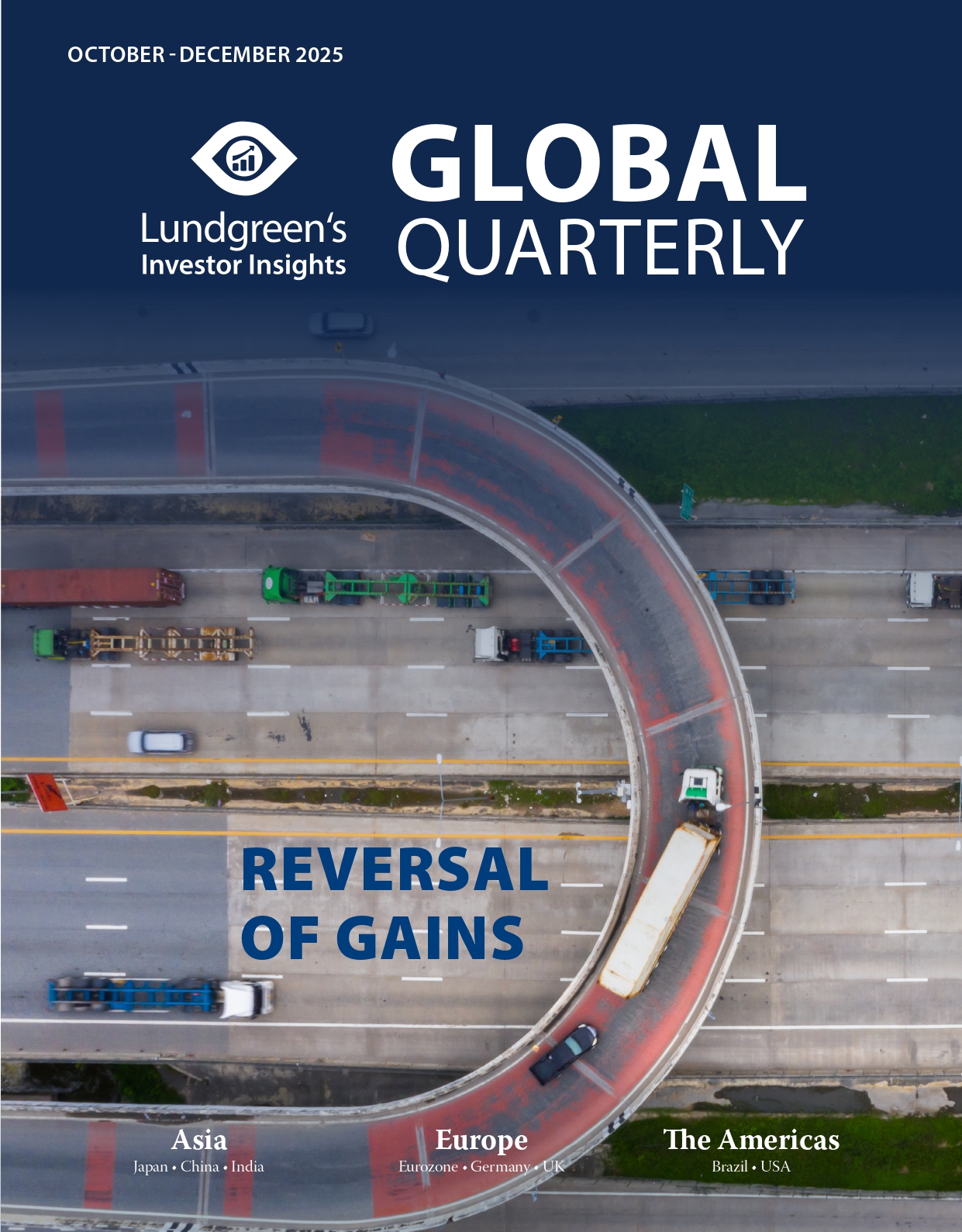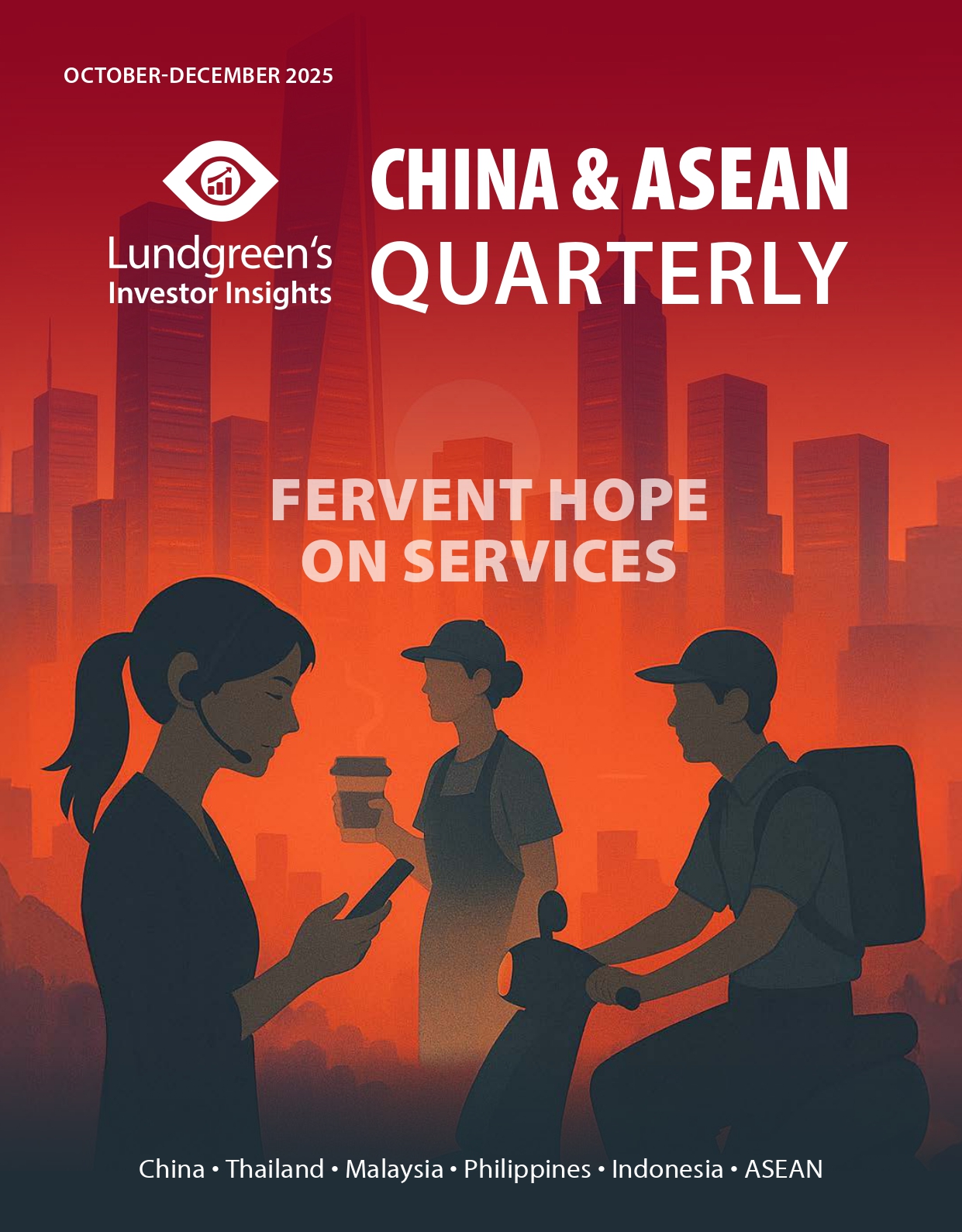Next Week in China: 6-10 January 2025
Major Data Releases:
- 7 January: China to report December foreign exchange and gold reserve levels
- 8 January: China to report December foreign trade balance
- 8 January: China to report December imports, exports data
- 10 January: China to report December money supply growth rates
- 10 January: China to report December Total Social Financing (TSF) levels
- 10 January: China to report December new yuan loans
- 10 January: China to report December consumer price index (CPI)
- 10 January: China to report December producer price index (PPI) in the industrial sector
We warmly welcome the new year for the financial markets as next week in China promises to be significant, with nine major data releases set to complete the economic picture for December.
Over the past year, the Chinese economy faced significant pressures due to increased external challenges and internal difficulties. Domestic demand has been insufficient, some industries are experiencing overcapacity, and employment pressures are rising. Numerous risks persist, but looking ahead to 2025, changes are on the horizon. The Chinese government is replacing its “prudent” approach to monetary policy for the past 14 years with a “moderately loose” monetary policy, together with “more proactive fiscal policy” for the first time. Additionally, terms like “tight living,” which were frequently mentioned at the 2023 fiscal work conference report as well as in recent years, have disappeared, signalling stronger support in 2025.
Regarding CPI and PPI, we expect inflation to remain weak. In December, food prices rebounded by significantly less during the same period a year ago while refined oil prices remained relatively stable. December’s CPI is projected to rise by 0.1 per cent year-on-year, easing from a 0.2 per cent increase in November. The December manufacturing raw materials purchase price index continued to decline, with the PPI expected to decrease by 2.4 per cent year-on-year. This is a slight improvement from the 2.5 per cent drop in November.
For TSF and new loans, local government debt swaps are contributing to the stabilization and recovery of total social financing growth. At end-December, bill rates rose significantly to possibly indicate increased demand. However, these debt swaps may help repay part of the loans. It is anticipated that new loans for the month will total RMB 700 billion (USD 95.9 billion), a decrease from RMB 1.1 trillion (USD 150.7 billion) in December 2023. Driven by local debt swaps, the net issuance of government bonds in December was significantly higher, reaching RMB 1.5 trillion (USD 205.5 billion) compared to the previous year. Total social financing in December is expected to be RMB 2.2 trillion (USD 301.4 billion), exceeding the RMB 1.9 trillion (USD 260.3 billion) recorded in the same period last year. The stock of social financing is expected to grow by 8 per cent year-on-year, up from November’s 7.8 per cent growth rate. M2, a broad measure of money supply, is projected to grow by 7.4 per cent year-on-year, compared to a 7.1 per cent expansion in November.
For equities, share prices went down heading into 2025. As of Thursday, 2 January, the MSCI China Index had decreased by 2.97 per cent for the week. Meanwhile, the Shanghai Composite Index fell by 4.05 per cent, the Shenzhen Component Index dropped by 5.37 per cent, and the ChiNext Index declined by 6.55 per cent. In terms of market capitalization, large-cap stocks outperformed small and mid-cap stocks over the past week. From a style perspective, value stocks slightly outperformed growth stocks. The majority of the week’s decline occurred on Wednesday and Thursday. Although the reasons for the stock market downturn are not entirely clear, one explanation could be the approaching pre-disclosures of annual reports which the market may not be optimistic about. As market sentiment stabilizes and information becomes clearer, it could support a subsequent recovery.
This piece has been co-produced with Yiyi Capital Limited in Hong Kong, a China specialist and a part of a global financial services group.







